Eating mooncakes and drinking hawthorn tea for slimming during the Mid-Autumn Festival
Recommended in this issue: Hawthorn anti-greasy slimming tea The atlas of Hawthorn anti-greasy slimming tea>>
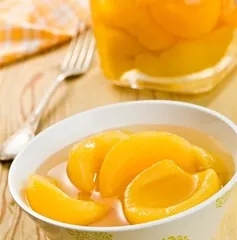
Hawthorn slices 30g; about 27 calories
Excipients:

honeysuckle 10g; about 7 calories

Hangzhou white chrysanthemum 10g; about 7 calories
Seasonings:
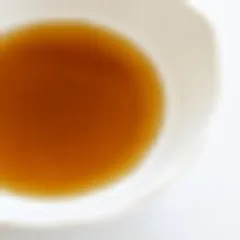
Total calories: 19 calories/person-More calories query Your body needs calories
Hawthorn anti-greasy slimming tea-weight-loss principle Hawthorn: sweet in taste, slightly warm and sour in nature, enters the spleen, stomach, and liver meridians, and has the effects of digestion, circulation of qi and dispelling blood stasis, lowering fat and losing weight. The lipolytic enzyme contained in hawthorn can promote the digestion of fatty foods.
Hawthorn contains a variety of vitamins, hawthorn acid, tartaric acid, citric acid, malic acid, flavonoids, carbohydrates, protein, fat and minerals such as calcium, phosphorus, and iron.
The pectin content in hawthorn ranks first among all fruits, reaching 6.4%. Pectin has a radiation-proof effect and can remove half of the radioactive elements such as strontium, cobalt, palladium, etc. from the body. Organic acids keep vitamin C in hawthorn from being destroyed when heated.
Hawthorn anti-greasy slimming tea-making steps
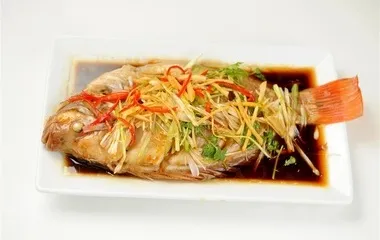
1 Preparing materials
30g of dried hawthorn slices, 10g of honeysuckle, 10g of Hangzhou white chrysanthemum, a little honey, and a proper amount of water.
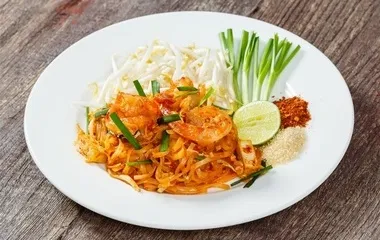
2 Wash
Wash dried hawthorn slices, dried honeysuckle, and dried Hangzhou white chrysanthemum with clean water.
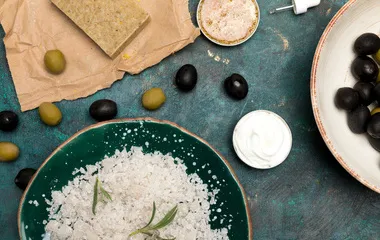
3 Add water
Add 2000ml of cold water to the pot, and add hawthorn slices, honeysuckle, and chrysanthemum.
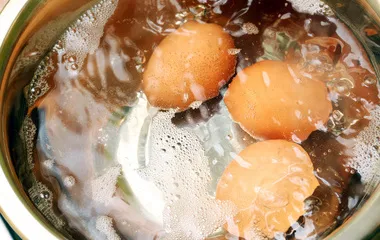
4 Cooking
After boiling over high heat, turn to medium to medium heat and simmer for 30 minutes. Stir with a spoon from time to time to avoid sticking to the bottom of the pot.
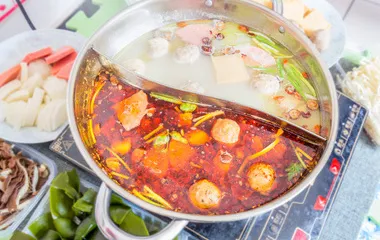
5 Cool down
Allow the filter residue to cool, then add appropriate amount of honey to drink; you can also add 1-2 dark plum trees to add a richer taste.

6 Completed
When eating mooncakes during the Mid-Autumn Festival, drink 1-2 cups of hawthorn tea to relieve boredom and lose weight.
Share it on my Weibo
Nutrition expert comments

This issue's consultant Zhang Ailing, case manager and full-time diabetes nurse, Hawthorn Jieyuan Tea has a significant slimming effect, but if you usually eat a light diet, it is recommended to drink a small amount.
Hawthorn tea has a strong ability to decompose oil.
Zhang Ailing: When eating mooncakes during the Mid-Autumn Festival, it is recommended to choose mooncakes with less calories, such as ice skin mooncakes. Traditional Chinese medicine believes that hawthorn is only needed but not replenished, and should not be eaten too much on an empty stomach. Pregnant women should not drink more hawthorn tea, but people with weak spleen and stomach and patients with peptic ulcer should not drink it.>> Look at the slimming mooncakes made by 39 netizens>> More ways to lose weight